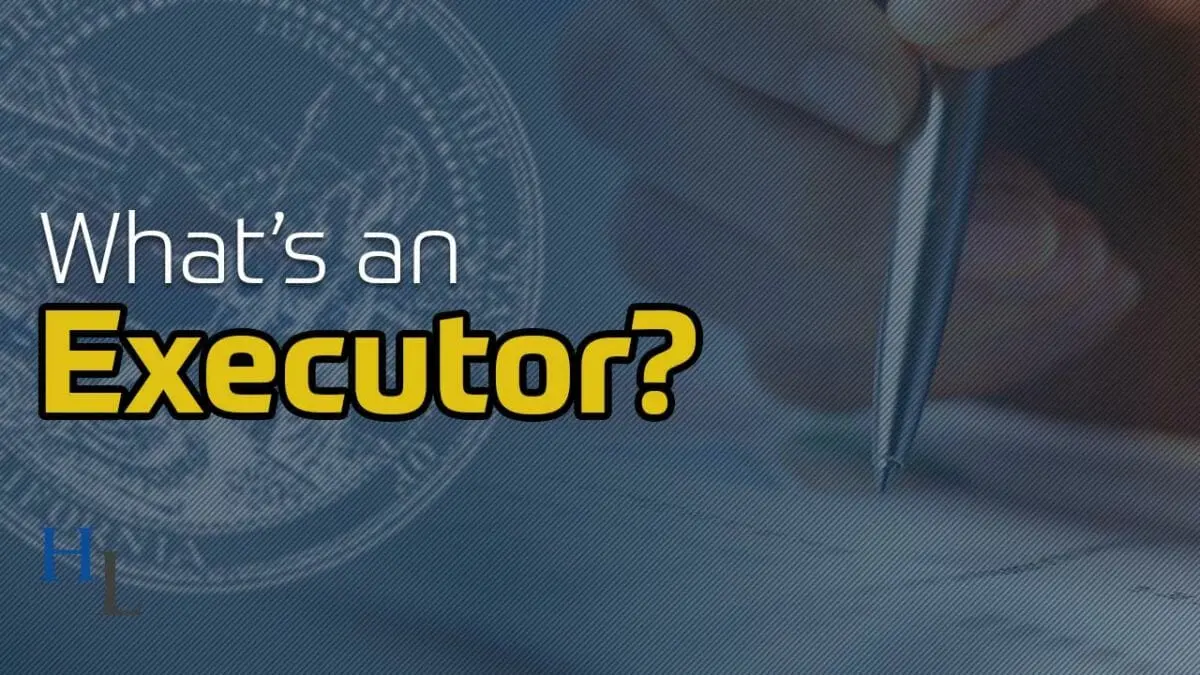
What is an Executor in a Trust? | A Brief Explanation
I’m Mike Hackard with Hackard Law. Our law firm litigates California will and trust disputes.
A will vests a decedent’s real and personal property in an executor. Executor may also mean administrator or personal representative.
An executor must deal fairly with all the beneficiaries of the estate. A beneficiary can set aside an estate sale to an executor if the executor did not deal fairly and fully disclose all relevant facts of the transaction.
The responsibilities of an executor generally involve three duties:
- Take possession of the decedent’s real and personal property.
- Pay the decedent’s debts.
- Distribute the surplus, if any, in accordance with the will or the state rules of intestate succession.
Executors traditionally have no investment responsibilities. Still, they should work to make estate assets productive.
A trust vests a decedent settlor’s trust assets in the trustee’s name. A trustee has the general duty to invest trust assets. Issues arise where the distinction between the duties of an executor and the duties of a trustee can be confused, clouded, or circuitous.
Executors, trustees, heirs and beneficiaries seek counsel to guide their way along unfamiliar paths. If you would like to speak with us about your estate or trust case, call us at Hackard Law: 916 313-3030.
We’ll be happy to hear from you.
Hackard Law: Attorneys Making a Difference

 (916) 775-8542
(916) 775-8542